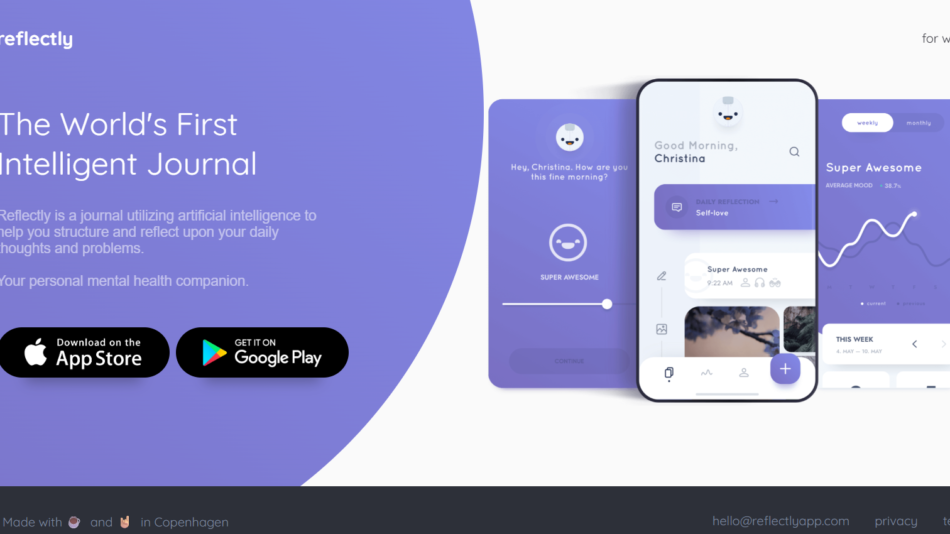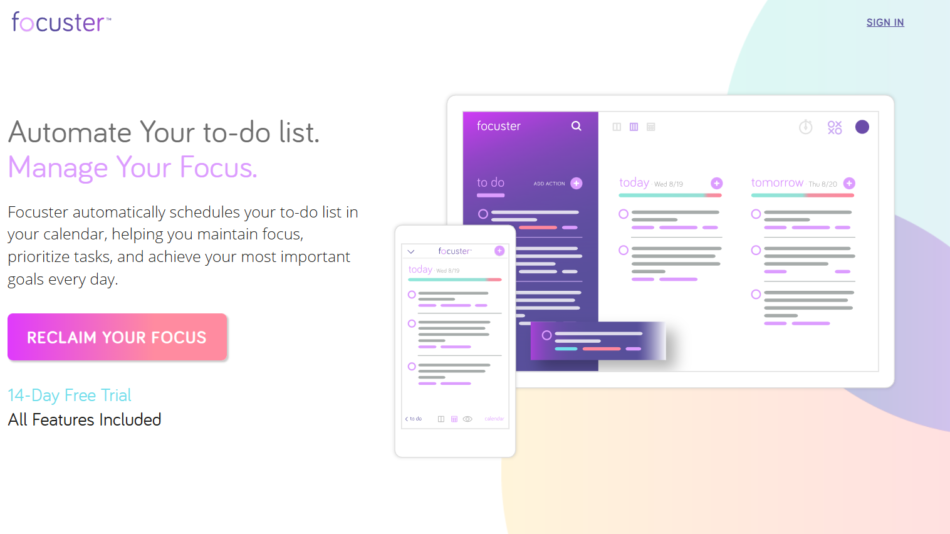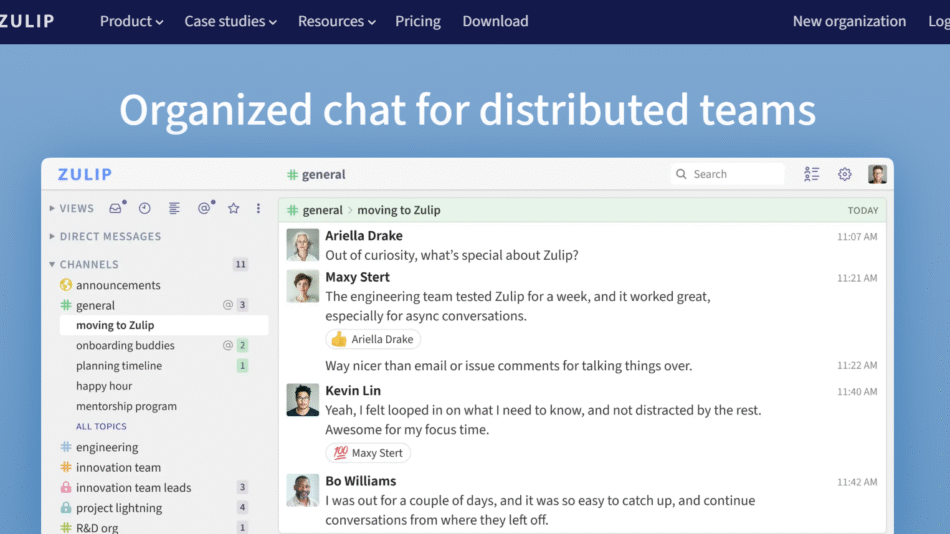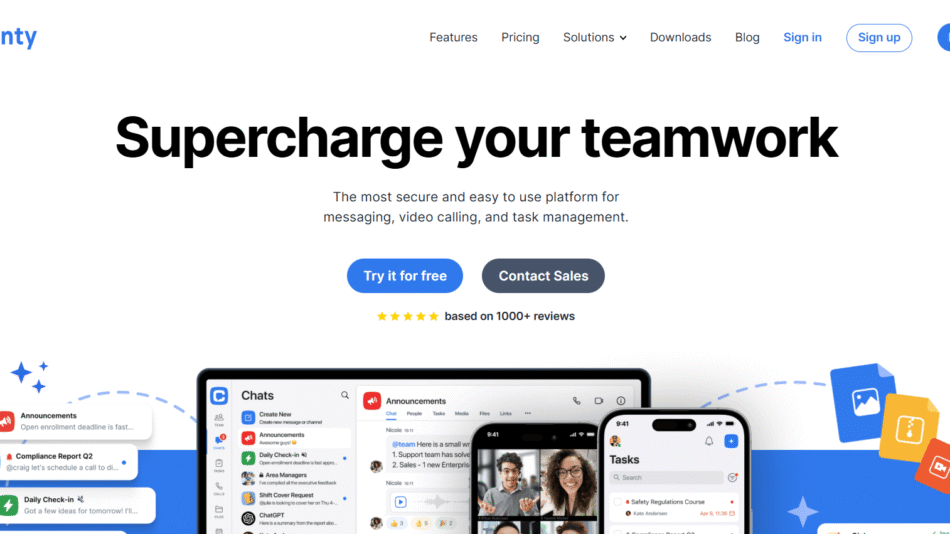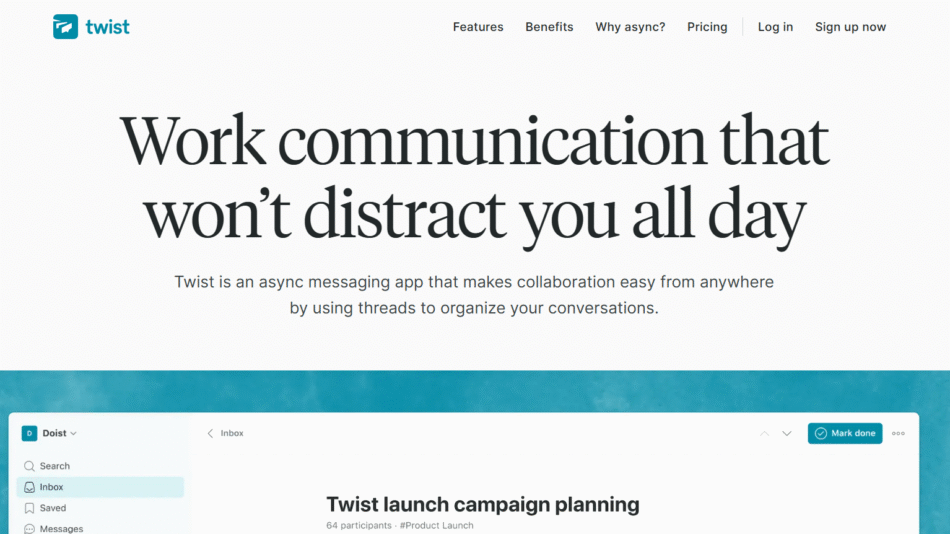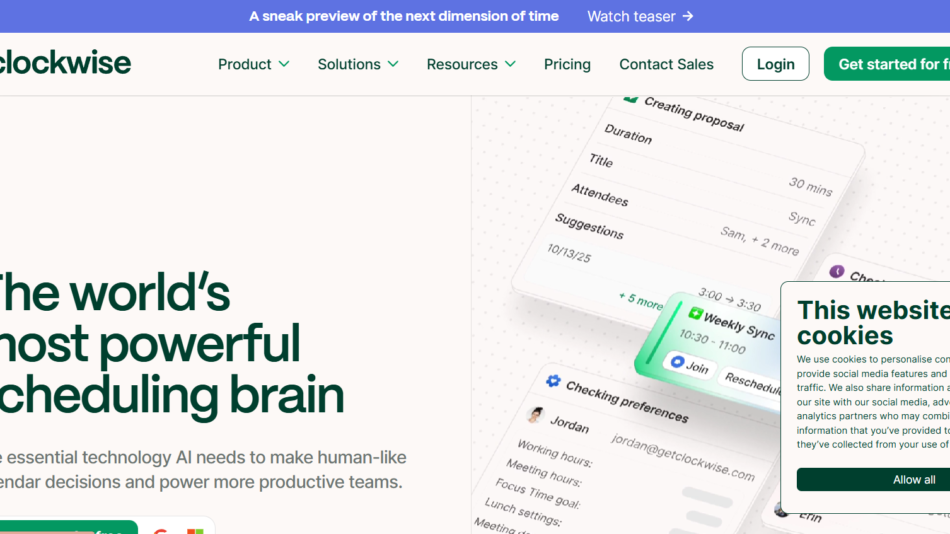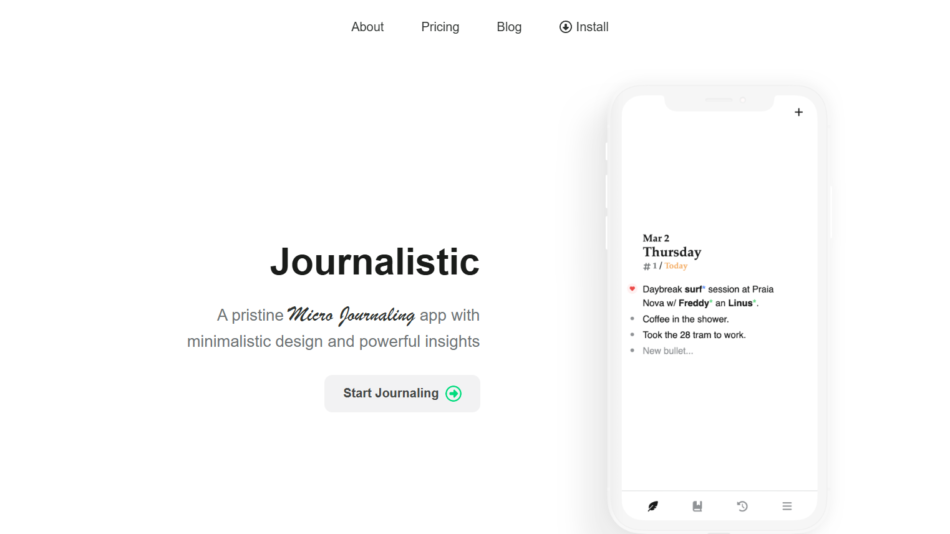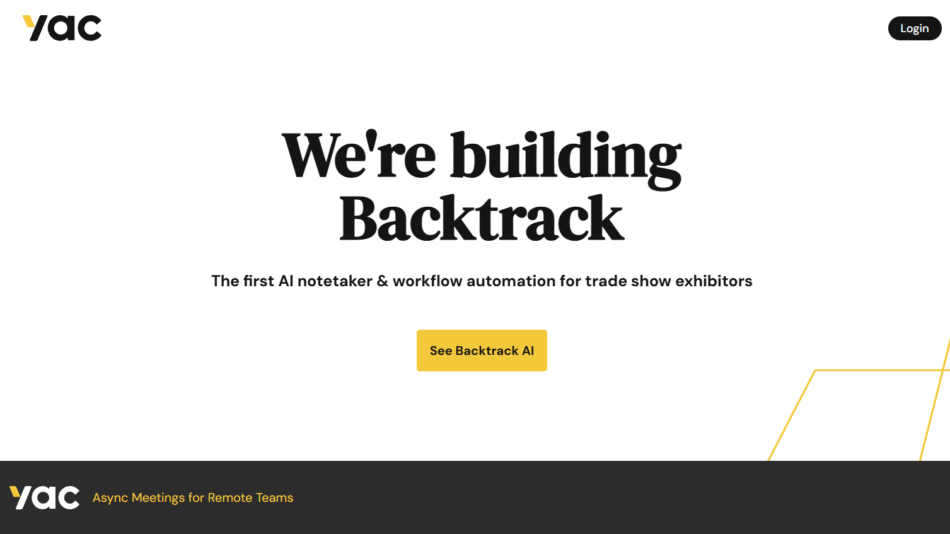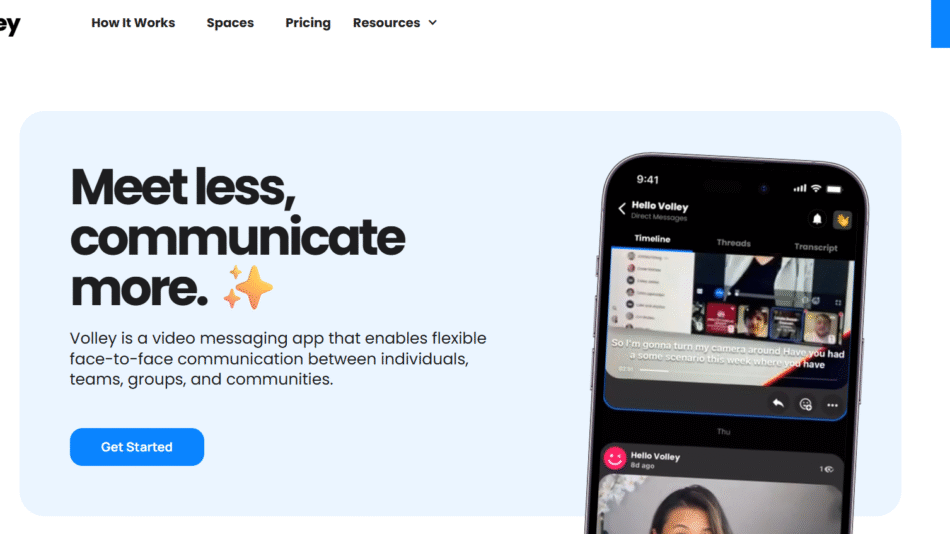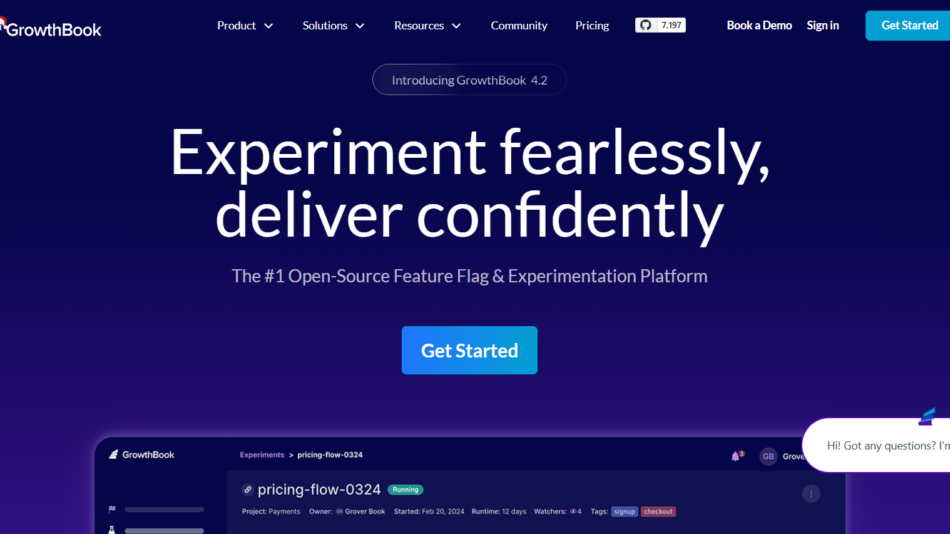Cassidy AI is an automation platform that enables businesses to create and deploy custom AI agents tailored to their specific operational needs. With the rise of generative AI, businesses are increasingly seeking ways to automate repetitive tasks, customer service, and data workflows. Cassidy AI addresses this demand by offering configurable AI agents that can handle tasks ranging from lead qualification and email automation to complex backend operations.
The platform serves as a no-code/low-code environment where users can build, manage, and integrate AI agents without requiring deep machine learning expertise. Cassidy AI focuses on helping businesses scale their operations and reduce manual effort by applying the latest advances in large language models (LLMs) and generative AI.
Features
Cassidy AI provides a robust suite of features to support businesses in deploying AI across departments and workflows.
The core feature is the AI Agent Builder, a tool that lets businesses create intelligent agents capable of understanding, responding to, and completing tasks based on natural language instructions. These agents can be tailored to perform highly specific roles, such as acting as a virtual sales representative or customer service assistant.
The platform offers custom workflows and automation triggers, enabling users to set up conditions and responses for when and how agents should act. This includes email responses, Slack notifications, CRM updates, and more.
Cassidy AI integrates with third-party platforms like Salesforce, HubSpot, Slack, Gmail, Google Sheets, and more. This allows agents to interact directly with your existing tools and automate complex, multi-step tasks.
A major strength of the platform is its natural language interface, which allows users to describe their desired outcome in plain English. Cassidy AI then translates that into an executable workflow using LLMs, reducing the need for technical configuration.
Users can also leverage pre-built agents for common tasks like appointment scheduling, lead generation, and email management. These templates can be customized as needed.
Security and permission settings are built into the platform to ensure agents operate within approved parameters. Businesses can define access control, data usage policies, and content moderation for safe deployment.
How It Works
Cassidy AI simplifies the process of deploying generative AI agents through a guided workflow.
Businesses start by defining a goal or task they want an agent to perform, such as “qualify inbound leads” or “respond to customer support emails.” Using the natural language interface, users can describe this task in conversational English.
The AI engine then suggests an agent configuration, including integrations, triggers, and workflows. Users can refine this through a visual interface, selecting what tools the agent can access, what data it can use, and how it should respond in various situations.
Once configured, the agent can be tested and deployed. It runs continuously in the background, listening for triggers and performing actions based on rules and user inputs. Cassidy AI also supports human-in-the-loop functionality, allowing human operators to review or override agent behavior when needed.
All activity is logged and accessible via the dashboard, giving businesses full visibility into agent decisions and performance.
Use Cases
Cassidy AI supports a wide variety of business automation scenarios.
In sales, businesses use Cassidy AI to build agents that handle lead qualification, email outreach, meeting scheduling, and CRM updates. This helps sales teams focus on high-value conversations instead of repetitive tasks.
Customer service teams deploy agents to answer FAQs, route tickets, and manage incoming messages from email or chat platforms. These agents can reduce response times and maintain a consistent customer experience.
In operations and administration, agents are used to automate repetitive data entry, sync records across platforms, or generate reports based on business activity.
Marketing teams use Cassidy AI to draft email campaigns, analyze campaign performance, and manage contact databases through automated interactions with analytics tools.
Some businesses use Cassidy AI internally for HR tasks, such as screening resumes, answering employee questions about policies, or automating onboarding workflows.
Pricing
Cassidy AI offers a pricing model based on usage and functionality, but detailed pricing tiers are not publicly listed on the official website. The company appears to follow a custom quote model tailored to the size of the business and the scope of automation required.
Businesses can request a demo or speak with the sales team to receive a personalized pricing estimate. This allows for flexibility in accommodating different organization sizes, from startups to enterprise-scale operations.
For up-to-date pricing details or to explore available packages, prospective users are encouraged to schedule a consultation via the official contact page.
Strengths
Cassidy AI’s main strength lies in its ability to democratize access to AI automation. By allowing non-technical users to create functional AI agents with a natural language interface, it opens up automation to teams beyond IT and engineering.
Its integration capabilities with common business tools streamline implementation and reduce the need for middleware or custom development.
The platform’s focus on configurable workflows and rules-based logic ensures that businesses retain control over agent behavior and can tailor automation to specific needs.
Cassidy AI also stands out for its pre-built templates and reusable agents, which allow companies to get started quickly without building from scratch.
The human-in-the-loop feature adds a layer of oversight that’s essential for businesses concerned about handing control to autonomous systems.
Drawbacks
One of the main limitations of Cassidy AI is the lack of transparent pricing. Businesses interested in budgeting ahead of time may find it difficult to evaluate the platform without going through a sales process.
As a relatively new platform, Cassidy AI may not yet have the same scale of community support, documentation, or third-party integrations as some more established competitors in the AI automation space.
Advanced users or developers looking for deep customization beyond the visual interface may find the platform less flexible compared to open-source agent frameworks.
Since Cassidy AI relies heavily on large language models, it may be subject to the known limitations of generative AI, such as hallucinations or inconsistent outputs, particularly in complex or ambiguous tasks.
Comparison with Other Tools
Cassidy AI is positioned as a business-friendly alternative to tools like Zapier or Make, but with an AI-first approach. Unlike traditional automation platforms, Cassidy AI leverages language models to understand and execute tasks using natural instructions, making it more intuitive for non-technical users.
Compared to open-source agent frameworks like LangChain or AutoGPT, Cassidy AI offers a fully managed, no-code experience focused on business outcomes rather than experimentation or developer-driven workflows.
While enterprise AI automation platforms like UiPath or Automation Anywhere offer broader process automation capabilities, they often require more technical expertise to set up and manage. Cassidy AI provides a simpler, faster path to AI agent deployment for everyday business use cases.
Customer Reviews and Testimonials
As of now, there are limited publicly posted customer reviews for Cassidy AI due to its relatively recent market presence. However, early adopters featured on the website report strong satisfaction with the platform’s ease of use and time-saving benefits.
Businesses cite rapid deployment, high configurability, and excellent support from the Cassidy AI team as key advantages. Users have noted that they were able to implement AI-powered automations within days, not weeks.
Companies have also highlighted the platform’s ability to reduce repetitive tasks and allow their teams to focus on strategic work, improving both productivity and morale.
Conclusion
Cassidy AI is an emerging player in the AI automation space that offers businesses an accessible and flexible way to deploy custom agents for a variety of operational needs. With its no-code approach, strong integration support, and natural language configuration, it enables organizations to automate processes without relying on large development teams.
While it may not yet match the feature depth of some enterprise automation platforms, Cassidy AI provides a focused, intelligent solution for companies that want to integrate generative AI into daily workflows. For teams looking to adopt AI agents that are powerful, practical, and easy to use, Cassidy AI is a promising option worth considering.

